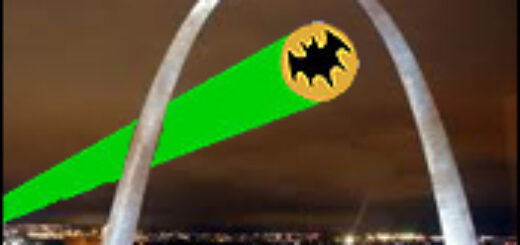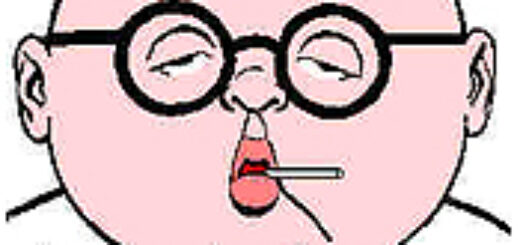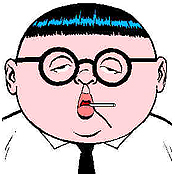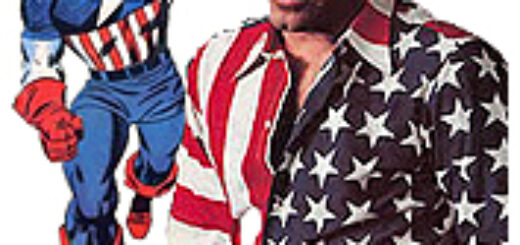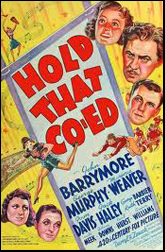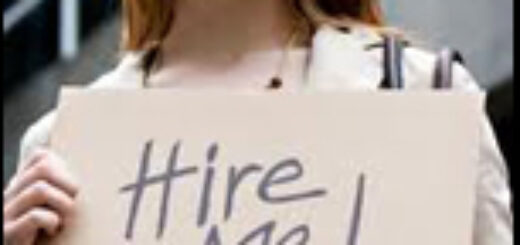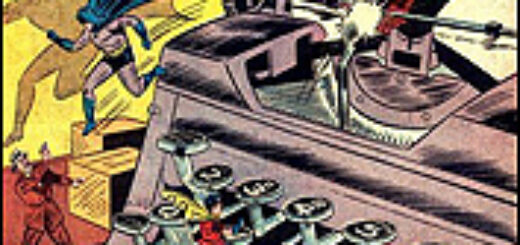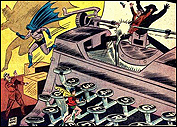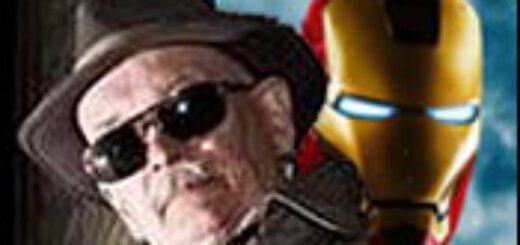Dennis O’Neil: Meet Me In St. Louie?
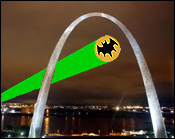 Holy cryin’ commie vomit! The old chrome dome is writing another column? Didn’t he just send one off yesterday?
Holy cryin’ commie vomit! The old chrome dome is writing another column? Didn’t he just send one off yesterday?
Matter of fact he…that is, I did. But I’ll be out of town for a while and I’d better get this in before I subject myself to the activity that I’ve done most often of all the activities I truly dislike, which is to get in an airplane and go someplace. (The going someplace is fine. It’s the getting there that’s a bowel-froster.) I’ll be going west and by the time you read, I’ll have already gone to St. Louis and returned therefrom. Not to visit friends and family, though some of that may happen, but to attend a convention.
Last time we were in that area, a hurricane passed within about a half-mile of our hotel, damaging the airport and going on to devastate the suburb Marifran grew up in. We can hope for a more sedate visit this week. (Though I have to admit, the possibility of being blown to Oz is an attention-getter.)
Mari and I are St. Louis natives, of course, but returning to the city hasn’t been exactly going home for a while now. I look at street signs and think, I should recognize this neighborhood. But I don’t. Because I lived in Missouri for maybe 22 years, and I’ve lived in New York for something like 47 years. And St. Louis – can you believe this – has changed! And Tom Wolfe was right: You can’t go home again. Because home isn’t there anymore.
Anyway, I prepared for the trip by reading Comics’ Second City by Missourian Mike Phoenix. Mike makes a good case for his title: St. Louis does have a strong claim to being we funnybookers’ second city and I suppose, using Mike’s book as a guide, you could organize a tour to look at the significant sites, where the destinies of comics and the city intersected. I won’t be doing that, though in a funny way I’m glad they’re there. (Or were there. Damn burg’s changed, remember?)
Much of the book’s latter half is devoted to the St. Louis fan scene over the years. I suppose I shouldn’t be too fascinated by this material, never having been a fan. But I found it to be a snapshot of a time and place and set of activities that I did find interesting,, as any glimpse into other lives can be interesting. And just recently – as I was writing last week’s column, if you must know – I’ve come to realize that without fandom, we might not be here. Would Phil Seuling have thought of the direct sales market if he hadn’t met fans at conventions, some of which he organized? Would he have been confident that he could bypass the distributors and sell comics directly to fans if the fan base didn’t already exist? And I think we can agree that comics as a populist medium might not have survived the wholesale extinction of newsstand product without the direct market?
Meanwhile, I’ll meet you in St. Louie, Louie…Well, I’ll meet somebody in St. Louie.
FRIDAY: Martha Thomases

